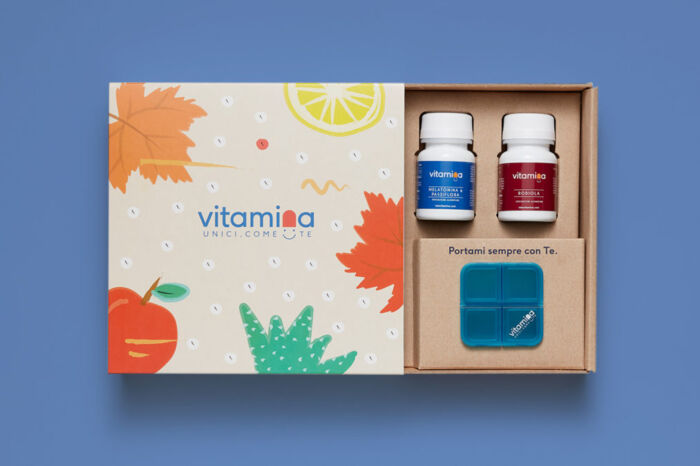For the past several years, you have done everything you can to live a green life. You recycle, you take cloth grocery bags when you shop and you eat organic produce and grass-fed meat whenever possible. So now it’s time to take a close look at the vitamins you take every day.
While you might not automatically associate supplements with the environment, there are differences between the way companies harvest their ingredients and produce their vitamin, mineral and herbal capsules. To help select supplements that come from environmentally friendly sources, check out the following tips:
Research How the Raw Ingredients Are Obtained
It’s important to do your homework and determine where the ingredients for your supplements come from. You should know if they are harvested from the wild in a legal and safe way or if the company has its own farms that are carefully monitored. If you cannot determine this information from looking at the company’s website, don’t be shy about giving them a call to ask; reputable supplement companies will be happy to discuss the specifics of their products with you.
A great example of a company who follows environmentally safe practices in regard to its supplements is Amway. The website features a variety of top-quality green supplements, including the NUTRILITE Vitamin C Plus. This product contains vitamin C that is derived from natural acerola cherries that are grown on certified environmentally sensitive Nutrilite farms and ascorbic acid. Acerola cherries are one of Mother Nature’s most concentrated sources of natural vitamin C. To learn more about this product and other Earth-friendly supplements, visit Amway’s website and click on the “Nutrition” tab.
Choose Organic Over Synthetic
You might not realize this, but the vitamin E capsule you take every day with breakfast might have been created in a lab instead of in nature. While your body technically uses natural and synthetic supplements in the same way, if you wish to be as green as possible, choose organic vitamins as often as you can. Organic supplements tend to be more expensive and may require multiple doses throughout the day, but they can be an outstanding investment. In addition, many people find that they tolerate smaller doses of organic or natural supplements better than one mega dose of a synthetic vitamin or mineral. In the case of vitamin E, check the label and look for the letter “d.” Natural forms are listed as d-alpha tocopherol or d-alpha tocopherol acetate whereas synthetic vitamin E is labeled with a “dl” prefix.
Shop for Supplements That Are Low on the Food Chain
When researching the ingredients that go into your supplements, try to stick with products that use sources that are low on the food chain. A great example of this is fish oil; the popular supplement, which is naturally rich in the essential omega-3 fatty acids, varies from company to company in terms of its sources and sustainability. Look beyond sustainable claims on the label and read the specific ingredients. You want to find fish oil that is made from smaller fish like mackerel, herring or sardines because they are lower on the aquatic food chain and tend to have fewer toxins than larger fish. Using smaller fish for supplements also has a smaller negative impact on the overall fish population.
Final note: If you’re shopping online for your supplements, be sure to keep your personal information safe and secure against fraud by reading this article next:





